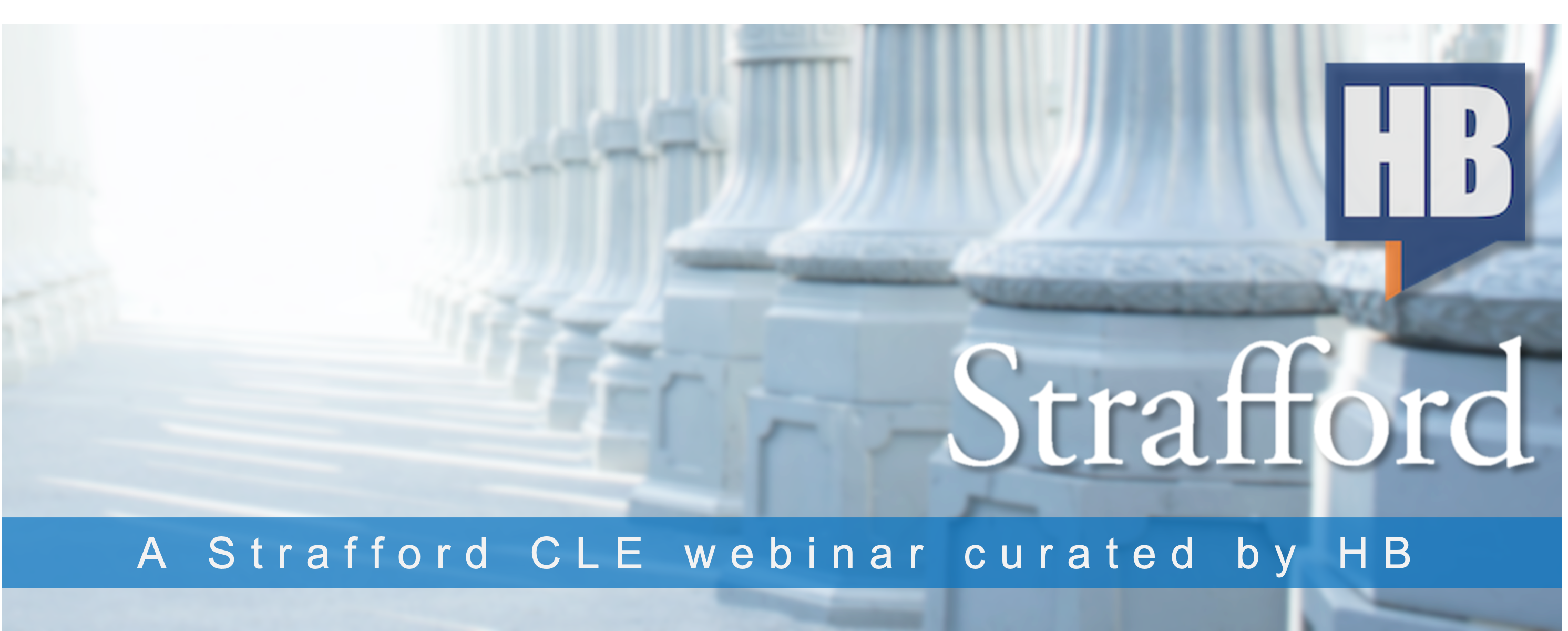Litigation Privilege, Attorney Immunity and Ethics: Defending Retaliatory Suits and Ethics Complaints
Outline
- Statutory authority and procedural requirements
- Strategies for plaintiffs
- Avoiding federal question
- Avoiding diversity, pre- and post-filing
- Federal question issues as counterclaims; Home Depot v. Jackson
- Amending the complaint
- Strategies for defendants
- Contractual forum selection
- Snap removal
- Finding federal question jurisdiction
- Preemption
- Federal officer removal
- Federally chartered defendants
- Consequences of removal
- Avoiding remand
- Effect of removal on pleadings and motion practice


